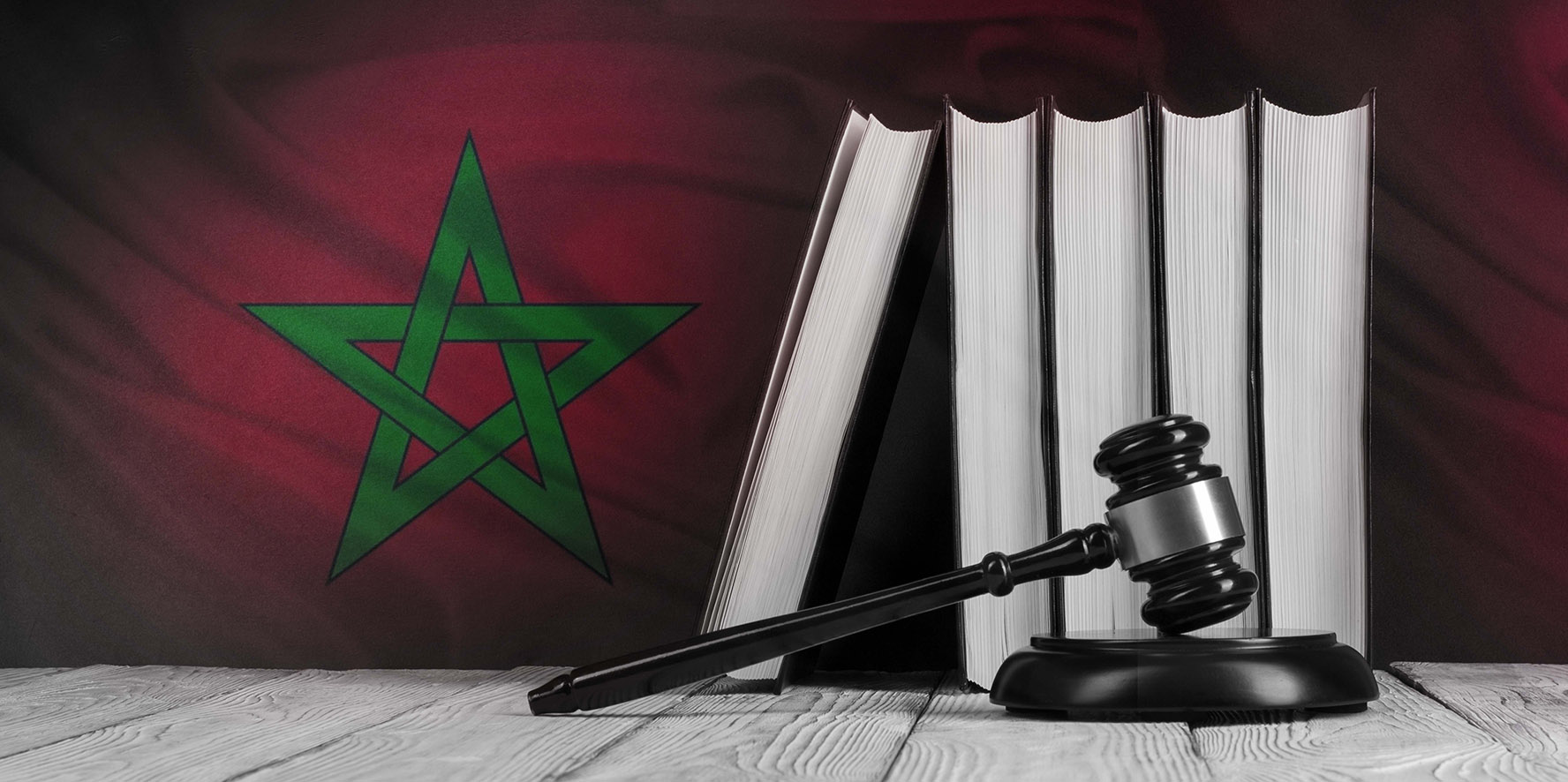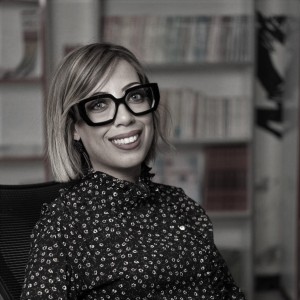
The Participation of Moroccan Women Between The Attractiveness of Legislative Texts and Reality – Ghita El Berrad
Ghita El Berrad

The Participation of Moroccan Women Between The Attractiveness of Legislative Texts and Reality – Ghita El Berrad
The participation of women in the political life is a necessity imposed by the reality of development. It is also necessitated by the need for support and the preservation of the credibility of the democratic approach, which states aim to achieve especially that it has become a reality on one hand, and a global concern that tops the calendar of the international community for the last two decades on another hand. Moreover, it has become impossible to strengthen the rule of law or achieve any improvement in terms of establishing the rules of democratic practice in our societies away from the participation of half of the society, represented by women through their participation in development and positions of decision-making, especially that all efforts made to defend women’s rights were enshrined within international and regional instruments, and national constitutions and laws in several countries, including Morocco.
The inclusion of women in all aspects of a state’s political, economic and social life does not only open a door to participation and access to state institutions, but also to their effective empowerment in decision-making, which is confronted with a number of constraints that hinder this participation. On one hand, it is linked to society and on another hand, it is linked to political bodies within the state, such as the government, the parliament and political parties.
Women’s political participation is considered one of the three main aspects of the empowerment concept. A woman’s political empowerment is giving her the power, potential and capability of being an active agent of change. The political empowerment concept is strongly associated with women’s self-realization and presence, by enhancing their effective participation in all activities of political and civil organizations such as syndicates, parties and civil society. Hence, bringing women to decision-making positions in society and institutions (government-parliament).
The political representation of women in Morocco is of extreme importance, represented on two levels; theoretical and practical importance. When it comes to the first one, we note that such topics have been discussed amongst researchers and politicians, interested in the topic of women, to reach a reform of electoral systems and legislations, which improve democracy, and the right of women to be nominated and represented in the parliament.
However, practical importance reflects on eliminating the contradiction and the double perception of Moroccan women’s roles, especially after the latter imposed their presence in the social, economic and cultural life and the scientific production. However, this remained restricted in the political sphere and the management of public affairs on one hand, and the search for strategic solutions and measures that impose themselves on the legislator, civil society and political parties on another hand.
Since independence, the kingdom of Morocco has accumulated an important asset in the field of improving the status of women in all fields. It has been a progressive and positive accumulation. Moreover, the 2011 constitution marked an important milestone in the dedication of women’s rights and their civil and political participation through the adoption of a number of legal and institutional measures preserving such rights thereto, whether stipulated in the constitutional act itself or in accordance with legal provisions deriving therefrom, in order to achieve equality as a constitutional goal pursued by the state and the various institutions.
Looking at the results of the September 8th ballot, "the representation of women in the parliament and regional and local elected bodies has slightly improved. Some women's rights advocates consider that "the representation of women in the new parliament will not live up to the desired aspirations because the principle of equality provided for in the constitution is missing. In addition, not even one-third of its objectives have been achieved in legislation and laws, which means that officials knowingly apply the principle of equality in an incomplete form by ignoring constitutional laws and international treaties endorsed by Morocco. Therefore, we see that the change achieved is minimal, and the road for women is still long and requires more struggle and mobilization to activate the clauses of the constitution and the international instruments on their rights, that Morocco has signed.
Although my experience within the "Wajda community" (the municipal council) is only getting started, I noticed a vast difference between reality and laws, where women within the council are regarded as a voting tool for the decisions of the majority. I did not encounter any women in the council discussing and giving their opinions, despite their great competencies and experience, especially with civil society. This way of dealing with women in elected bodies is the result of a political culture that some parties hold, where women have no power to decide. Despite this fact, I am convinced that women's empowerment must first come from within, and that they should have the desire and will to impose their position within the elected bodies. Political parties must also develop special programs for their group members in order to strengthen their knowledge and communication abilities so that they contribute with their opinions and suggestions within the committees and sessions held for the ratification of the points raised in the Agenda.
To sum up, I believe that Morocco is on the right track in terms of legislation that guarantees the presence of women in the elected bodies. However, a greater effort must be made in order to move the elected women from practicing a complementary role within councils to leading and managing public affairs.
Ghita El Berrad
Recent publications

